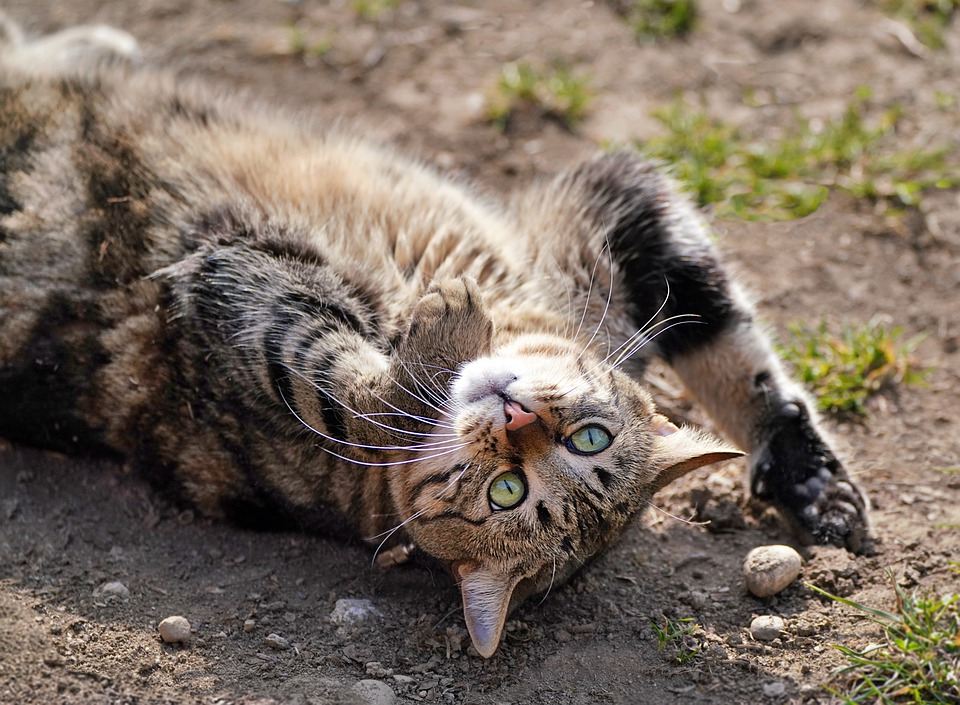Cats, like humans, require a balanced diet to maintain optimal health and wellbeing. Providing your feline companion with the right nutrients is crucial for their growth, development, and overall longevity. In this article, we will explore the essential nutrients that should be included in a healthy cat diet, along with some frequently asked questions.
Understanding the Basic Nutritional Needs of Cats
Before delving into the essential nutrients for a cat’s diet, it’s important to understand their basic nutritional needs. Cats are obligate carnivores, which means their bodies are designed to thrive on a diet primarily consisting of animal protein. Unlike omnivores, such as dogs and humans, cats have specific dietary requirements that should not be overlooked.
Protein: The Foundation of a Healthy Cat Diet
Protein is the most important nutrient for a cat’s diet. It is essential for maintaining muscle mass, supporting the immune system, and providing energy. A high-quality, animal-based protein source should form the foundation of your cat’s diet.
Taurine: Vital for Heart Health
Taurine is an amino acid that is crucial for cats. Unlike dogs and humans, cats cannot produce enough taurine on their own and must obtain it from their diet. Taurine is essential for maintaining healthy vision, reproductive health, and most importantly, heart function. A lack of taurine can lead to severe health issues in cats, including heart disease and blindness.
Fatty Acids: Promoting Healthy Skin and Coat
Omega-3 and omega-6 fatty acids are essential for maintaining healthy skin and a shiny coat in cats. These fatty acids help reduce inflammation, promote proper brain function, and support a healthy immune system. Including a source of fatty acids, such as fish oil, in your cat’s diet can greatly benefit their overall health.
Vitamins and Minerals: Supporting Vital Functions
Cats require a variety of vitamins and minerals to support vital functions in their bodies. Some essential vitamins for cats include vitamin A, vitamin D, vitamin E, and the B vitamins. Minerals such as calcium, phosphorus, magnesium, and potassium are also crucial for maintaining healthy bones, teeth, and overall body functions.
Water: The Forgotten Nutrient
Although not typically considered a nutrient, water is vital for a cat’s health. Cats have a low thirst drive, making it important to ensure they have access to fresh, clean water at all times. Water is necessary for digestion, regulating body temperature, and maintaining overall hydration.
FAQs about Cat Nutrition
Q: Can I feed my cat a vegetarian or vegan diet?
A: No, cats are obligate carnivores and require animal-based protein to meet their nutritional needs. Feeding them a vegetarian or vegan diet can lead to severe health issues.
Q: How much should I feed my cat?
A: The amount of food your cat needs depends on various factors, including age, weight, activity level, and overall health. Consult with your veterinarian to determine the appropriate portion sizes for your cat.
Q: Should I give my cat supplements?
A: In most cases, a balanced and complete cat food should provide all the necessary nutrients for your cat. However, if you have concerns about specific deficiencies, it is best to consult with your veterinarian before introducing any supplements.
Q: Can I feed my cat homemade meals?
A: While it is possible to provide a balanced homemade diet for your cat, it can be challenging to ensure they receive all the necessary nutrients in the correct proportions. Consult with a veterinary nutritionist to create a nutritionally balanced homemade diet for your cat.
Q: Are there any foods that are toxic to cats?
A: Yes, certain foods can be toxic to cats, including onions, garlic, chocolate, caffeine, grapes, raisins, and alcohol. It is crucial to keep these foods away from your cat’s reach to prevent potential poisoning.
In conclusion, ensuring your cat receives a well-balanced diet that includes essential nutrients is essential for their overall health and wellbeing. By meeting their specific dietary needs, you can help your feline companion live a long and healthy life. Remember to consult with your veterinarian for personalized advice regarding your cat’s nutritional requirements.








